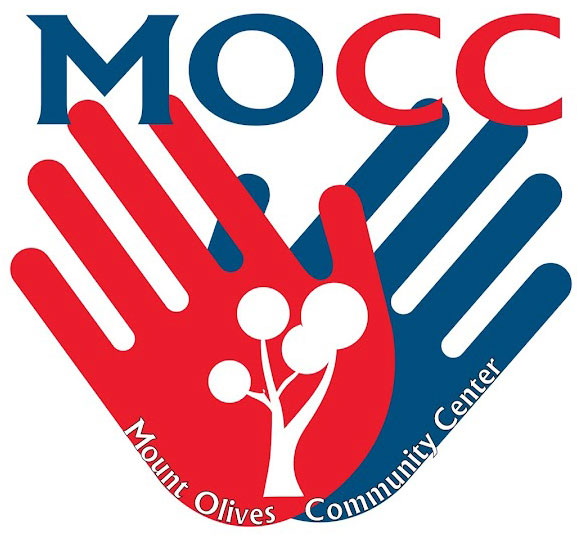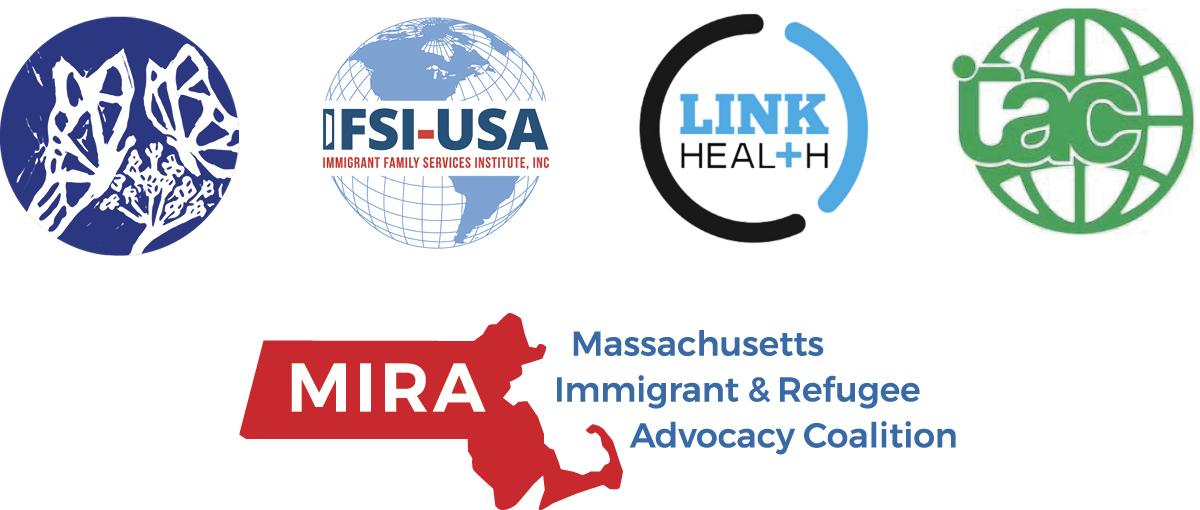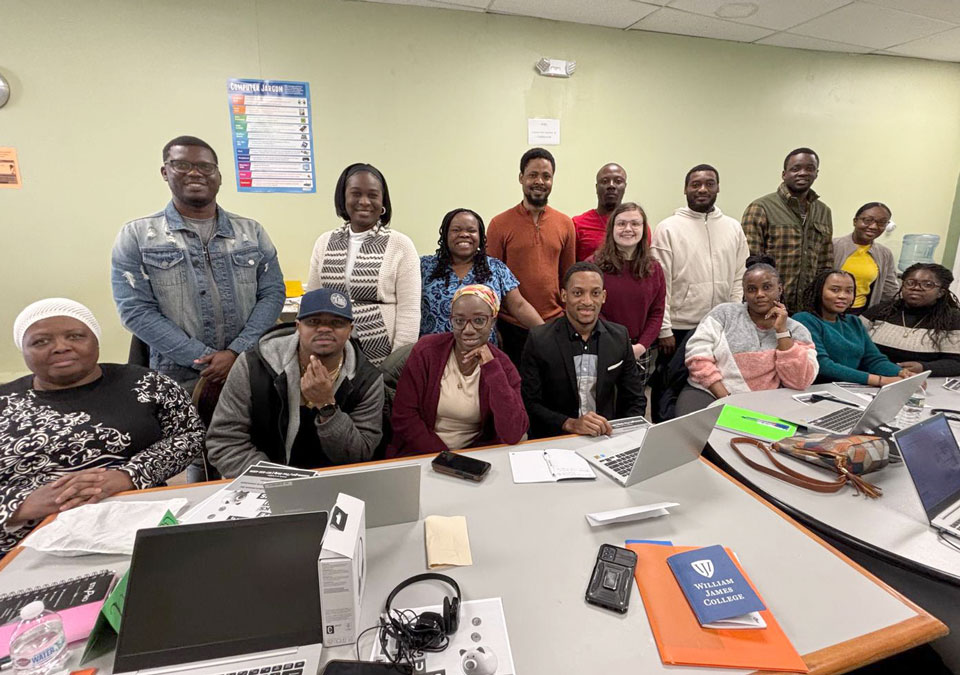Skills Training for Equitable Pathways (STEP) in Behavioral Health
Join Our Free Training Program
Building linguistic and cultural capacity in the behavioral health paraprofessional workforce serving the neighborhoods of Hyde Park, Jamaica Plain, Roslindale, and West Roxbury.
Funded by Brigham and Women’s Faulkner Hospital (BWFH) – Mental Health Community Health Impact Fund
William James College, in partnership with Mount Olives Community Center and Jewish Vocational Service, offers digital and financial literacy training, job placements, and career counseling services through its innovative Skills Training for Equitable Pathways (STEP) in Behavioral Health program.
Program participants will receive training in ESL for Behavioral Health and earn a salary while working in part-time or full-time positions at local community-based agencies.
“The Skills Training for Equitable Pathways (STEP) in Behavioral Health program will help reduce gaps in access to culturally and linguistically appropriate behavioral health services and build the capacity of community health workers to support residents as they navigate the often-complex health care system. We appreciate BWFH’s generous support and commitment to reducing systemic barriers to accessing mental health services in the Commonwealth.”
—Gina Benjamin, MSW, LICSW
William James College Director of Community-Based Programs
To be eligible for Skills Training for Equitable Pathways (STEP) in Behavioral Health, applicants must:
- Be 18 years of age or older.
- Have a high school diploma, HiSET or GED; an associate’s degree; or be currently enrolled in college but have not yet earned a bachelor’s degree.
- Be legally authorized to work in the U.S.
- Pass a Criminal Offender Record Information (CORI) check.
- Reside in the Commonwealth of Massachusetts.
- Live, or be willing to work in Hyde Park, Jamaica Plain, Roslindale, or West Roxbury.
Track placement is contingent upon language proficiency screening.
Track A
This track prepares 20 participants annually to enter Track B. It offers the following services:
- Paid Training and Internship at $18/hour (Paid by WJC)
- 12 weeks of ESOL for Behavioral Health Classes (total: 108 hours)
- 8 weeks of Digital and Financial Literacy Training Sessions (total: 24 hours)
- Internship Placement: Offering 80 hours of Internship.
Track B
This track prepares 20 participants annually to enter the Skills Training for Equitable Pathways (STEP) in Behavioral Health at William James College. It offers the following services:
- Training (Offered by William James College)
- Paid Work Placement at $20+/hour plus benefits (Paid by Employer/Partner)
- 8 weeks of Digital and Financial Literacy Training Sessions (total: 24 hours)
- 20 hours of didactic training
- Monthly professional mentorship sessions (total: 10 hours)
- Career counseling and coaching
- Work Placement: A year-long, full-time, paid work placement at local community-based organizations where program participants work as community health workers, outreach workers, or peer navigators
 Mount Olives Community Center (MOCC)
Mount Olives Community Center (MOCC)
- Designates a part-time program coordinator to manage the logistical details of the program.
- Provides adequate space at its community-based location to host ESL classes for STEP participants.
- Provides computer labs for digital and financial literacy training sessions for STEP participants.
- Offers culturally appropriate food and beverages for the classes and training sessions.
- Provides childcare services during the training sessions. (Note: Childcare is not provided for internship or work.)
- Provides reliable and accessible transportation services to STEP program participants for the training sessions.
 Jewish Vocational Service (JVS)
Jewish Vocational Service (JVS)
- Designates a staff member to oversee the training components of the STEP program.
- Works collaboratively with William James College on the course design and content of ESOL training programs.
- Develops a curriculum that is tailored to the specific needs and levels of STEP participants, with an emphasis on building speaking, reading, and writing skills.
- Delivers ESOL training sessions to STEP participants at a community-based location.
- Facilitates the delivery of digital literacy classes for STEP participants.
- Facilitates access to financial planning workshop videos and other resources.
Track A
- Learn more about the behavioral health field
- Gain more skills in Digital and Financial Literacy
- Get a free laptop and internet access for one year (upon completion of the Digital Literacy training)
- Earn while you learn by completing a paid internship placement
- Join a cohort of learners and support your community
Track B
- Get a full-time job with benefits
- Gain more skills in Digital and Financial Literacy
- Get a free laptop and internet access for one year (upon completion of the Digital Literacy training)
- Get free mentorship and career coaching
- Make a difference in your community
STEP Community-based Internship Sites
William James College’s internship training sites include:

Funding Agency
Skills Training for Equitable Pathways (STEP) in Behavioral Health is funded through a generous 3-year grant awarded to William James College by the Brigham and Women’s Faulkner Hospital (BWFH) – Mental Health Community Health Impact Fund.
The BWFH expansion project, part of the Mass General Brigham healthcare system, triggered a landmark investment through the Massachusetts Determination of Need process. BWFH’s Community Health Impact Funds have been awarded to William James College and seven other community-based organizations which proposed community-led, equity-driven initiatives that prioritize mental and behavioral health—including substance use disorders. These initiatives focus on Boston’s Hyde Park, Jamaica Plain, Roslindale, and West Roxbury neighborhoods.
Ready to Learn More?
For more information, contact:
Gina Dessources Benjamin, MSW, LICSW
Director of Community-Based Programs
Email Gina HereLeft

A STEP in the Right Direction: Center for Workforce Development Launches Skills Training for Equitable Pathways in Behavioral Health Program
Last fall, the Center for Workforce Development made huge strides in building linguistic and cultural capacity in the behavioral health paraprofessional workforce upon the launch of its Skills Training for Equitable Pathways (STEP) in Behavioral Health program in late September. The goal—to build capacity in Hyde Park, Jamaica Plain, Roslindale, and West Roxbury—was made possible by a three-year grant from the Mental Health Community Health Impact Fund at Brigham and Women’s Faulkner Hospital (BWFH).
